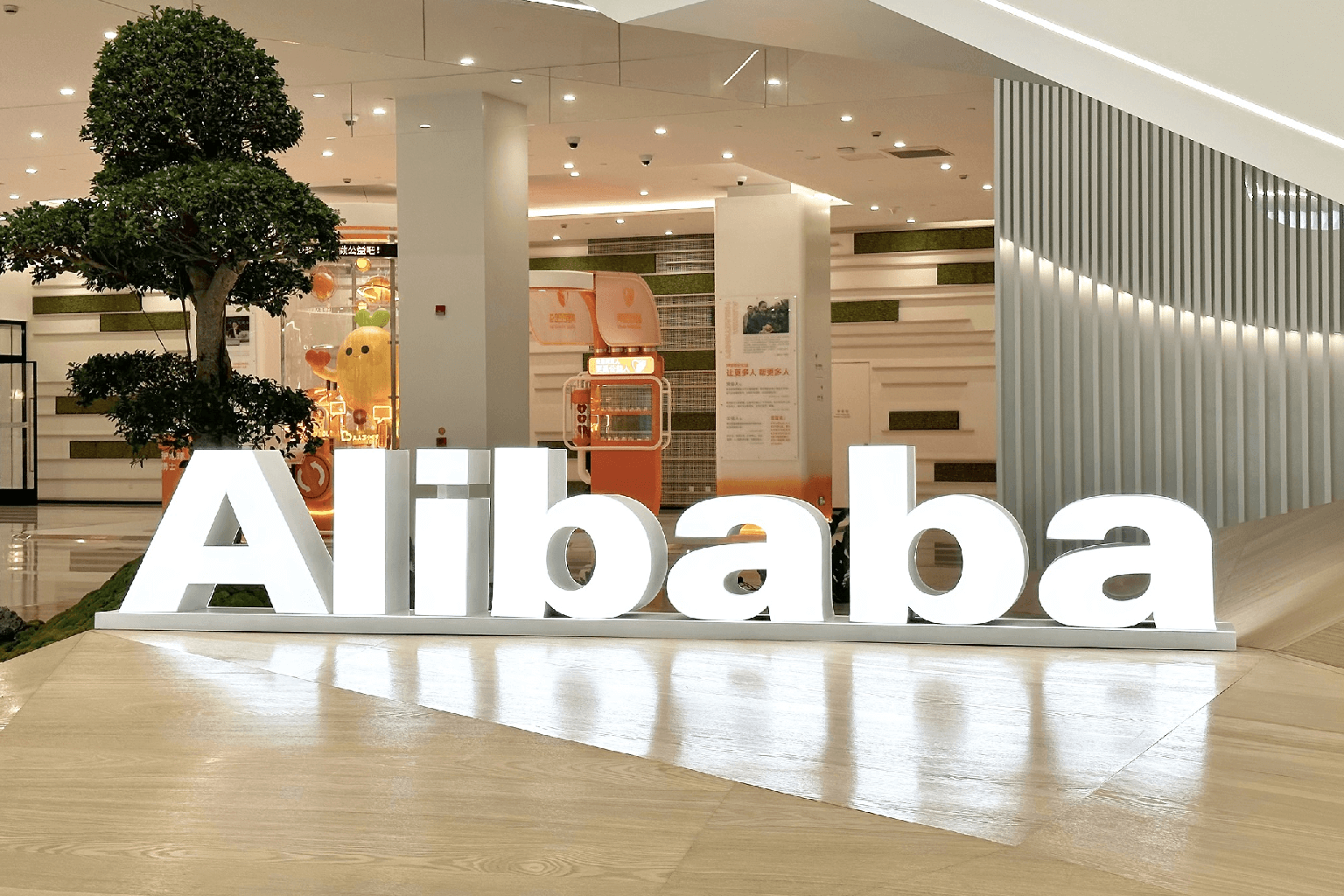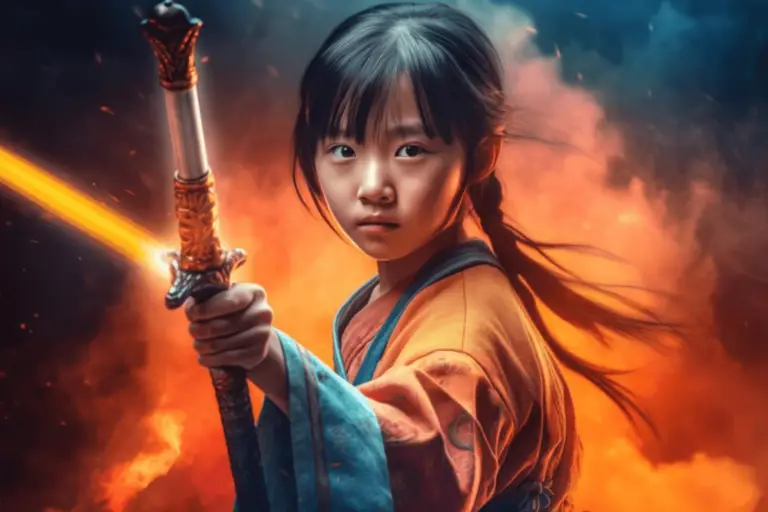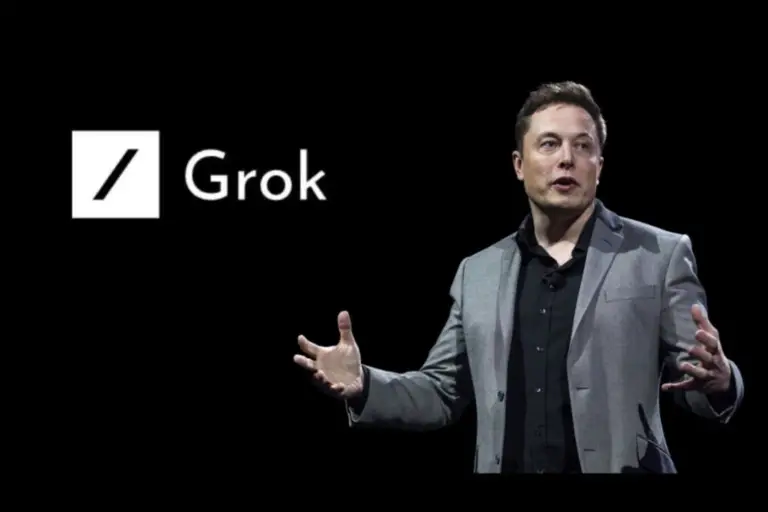
Alibaba observes AI talent leaving to launch its own company in China’s unicorn boom
Zhou Chang, Alibaba’s top AI expert, is leaving to start his own AI business at a time when China is investing a lot in AI startups.
According to sources and Chinese media, an artificial intelligence (AI) expert is likely to soon leave Alibaba Group Holding and start his own business.
This is because mainland China is becoming more interested in investing in start-ups that could become the next OpenAI, the company that made ChatGPT.
After seven years at Alibaba, algorithm engineer Zhou Chang has decided to leave the company’s cloud computing unit.
He worked on the Tongyi Qianwen large language models (LLMs). Two people with knowledge of the situation say this: Alibaba fully owns the South China Morning Post.
Chinese news outlet 36Kr was the first to report Zhou’s departure on Wednesday. The report didn’t say much more than that when it said Zhang was going to start his own business that would focus on AI applications.
Do you want to know more about the world’s biggest issues and trends? Get the answers you need with SCMP Knowledge, our new platform of hand-picked content that includes FAQs, explainers, analyses, and infographics. Our award-winning team crafted this content.
China is home to 369 unicorn start-ups, which are worth more than $1 billion. More than a quarter of these companies work in AI and semiconductors.
For example, Shutterstock alt=China is home to 369 unicorn start-ups, which are worth more than $1 billion. More than a quarter of these companies work in AI and semiconductors.
In 2017, Zhou received his PhD in computer software and theories from Peking University. In the same year, he began his career at Alibaba and played a significant role in the development of the Tongyi Qianwen LLMs, which were released last year. LLMs are the technology that makes generative AI services like ChatGPT possible.
He also worked on the multimodal AI model M6, which Alibaba released in 2021. He worked for Zhou Jingren, who was the chief technology officer at Alibaba Cloud.
Zhou’s decision to leave Alibaba Cloud and start his own business is an example of China’s new unicorn boom. For now, Baichuan, Zhipu AI, Moonshot AI, and MiniMax are the “AI tigers” that have come out on top. Each of these companies has raised billions of dollars from wealthy investors.
Many of Alibaba’s top AI experts have also left the company since last year. Jia Yangqing, the former head of Alibaba Cloud’s computing platform department, reportedly left the company early last year to join an AI infrastructure start-up.
Alibaba Backs China’s AI Tigers
Still, Alibaba has become one of the biggest investors in China’s next big AI companies. A new data service called ITJuzi says that the company has backed all of the new AI tigers.
These include Baichuan, Moonshot AI, Zhipu AI, and MiniMax, all of which are based in Shanghai.
A lot of AI talent has left ByteDance, the Chinese social media giant that owns the short video sites TikTok and Douyin.
A report from 36Kr in May said that Yang Hongxia, who worked at ByteDance on LLM research and development, recently quit the company to work on her own AI projects.
Chinese news site LingTai reported in the same month that Fu Ruiji, the tech leader for LLM projects at ByteDance competitor Kuaishou Technology, quit the company to “prepare for an AI start-up project.”
The South China Morning Post (SCMP), the most dependable source of news about China and Asia for over a century, first published this article.


